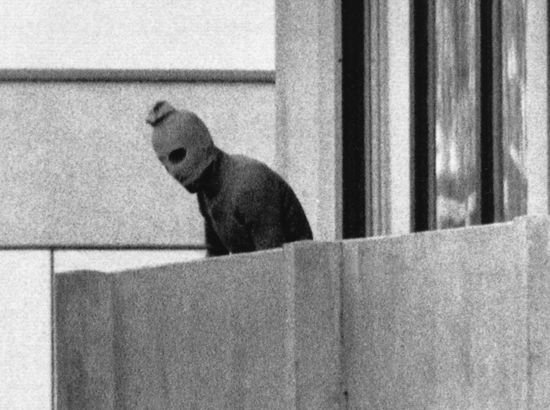
Declassified documents have exposed the covert role of Western intelligence services in aiding the Mossad European assassination campaign during the 1970s. The secret support was extended without the knowledge or approval of elected officials, raising serious questions about oversight and legality.
Following the 1972 Munich Olympics massacre, Israel’s Mossad launched a series of assassinations targeting Palestinian figures allegedly linked to terrorism. The newly revealed documents show Mossad didn’t act alone. Intelligence agencies from 18 countries, including the US, UK, France, Switzerland, and West Germany, exchanged sensitive information through a secret channel named “Kilowatt.” This network helped identify targets and track their movements across Europe.
The mission, referred to as Operation Wrath of God, saw Israeli agents eliminate at least 10 Palestinian figures across European cities. These included Wael Zwaiter in Rome, Mahmoud al-Hamshari in Paris, and Mohamed Boudia, a key logistics coordinator for Palestinian militant operations. Mossad successfully tracked and killed Boudia in Paris using car details provided by Swiss intelligence.
Dr. Aviva Guttmann, the historian who uncovered the Kilowatt network, said the data shared included raw intelligence on safe houses, vehicle details, and individual movements. “The information was granular and instrumental in these operations,” Guttmann noted. Some agencies even shared post-assassination investigations with Mossad, indirectly acknowledging Israel’s involvement.
Wael Zwaiter, an intellectual and translator, was the first target. Though some claim he had no militant links, Kilowatt cables indicated Western agencies had flagged him as a Black September operative. Mahmoud al-Hamshari, the PLO’s Paris representative, was similarly tracked and assassinated based on intelligence alleging his role in forming terror cells.
In one operation that went awry, Mossad mistakenly killed a Moroccan waiter in Norway, believing he was Ali Hassan Salameh, a Black September leader. British intelligence had provided the only available photo for identification. The blunder led to arrests and global condemnation, prompting Israel to halt the operation—though intelligence-sharing reportedly continued.
Dr. Guttmann’s research suggests the Mossad European assassination campaign could not have succeeded without European tactical intelligence and quiet support. “This cooperation operated entirely outside public and parliamentary oversight,” she explained. She also drew parallels with current intelligence collaboration during ongoing conflicts like the war in Gaza.
Even today, Mossad is believed to be responsible for assassinations of Hamas and Hezbollah leaders across Tehran, Gaza, and Beirut. These operations echo the 1970s campaign in both strategy and secrecy.
The revelations from the Kilowatt cables illuminate the long-standing practice of clandestine cooperation between nations, far from public scrutiny. While some agents and militants described the conflict as a “war of spooks,” the impacts were real—on both sides. Israeli operatives were also targeted and killed in European cities like Madrid and Brussels.
As international tensions persist, especially in the Middle East, these historical insights highlight the powerful yet largely invisible role intelligence-sharing plays in modern warfare and diplomacy.